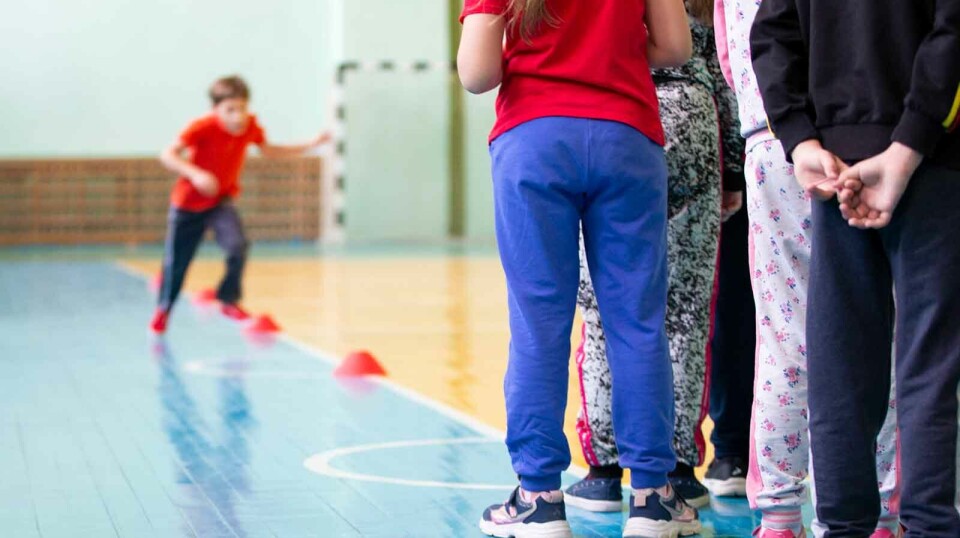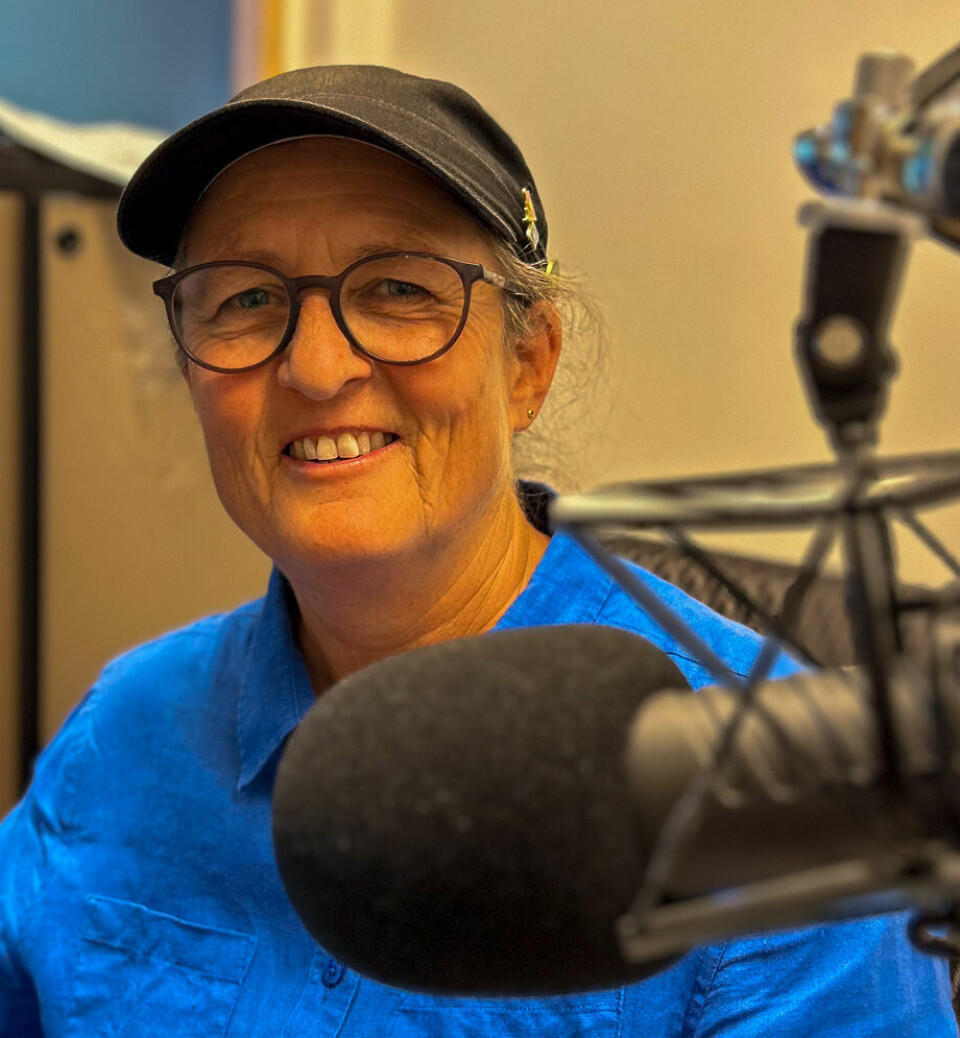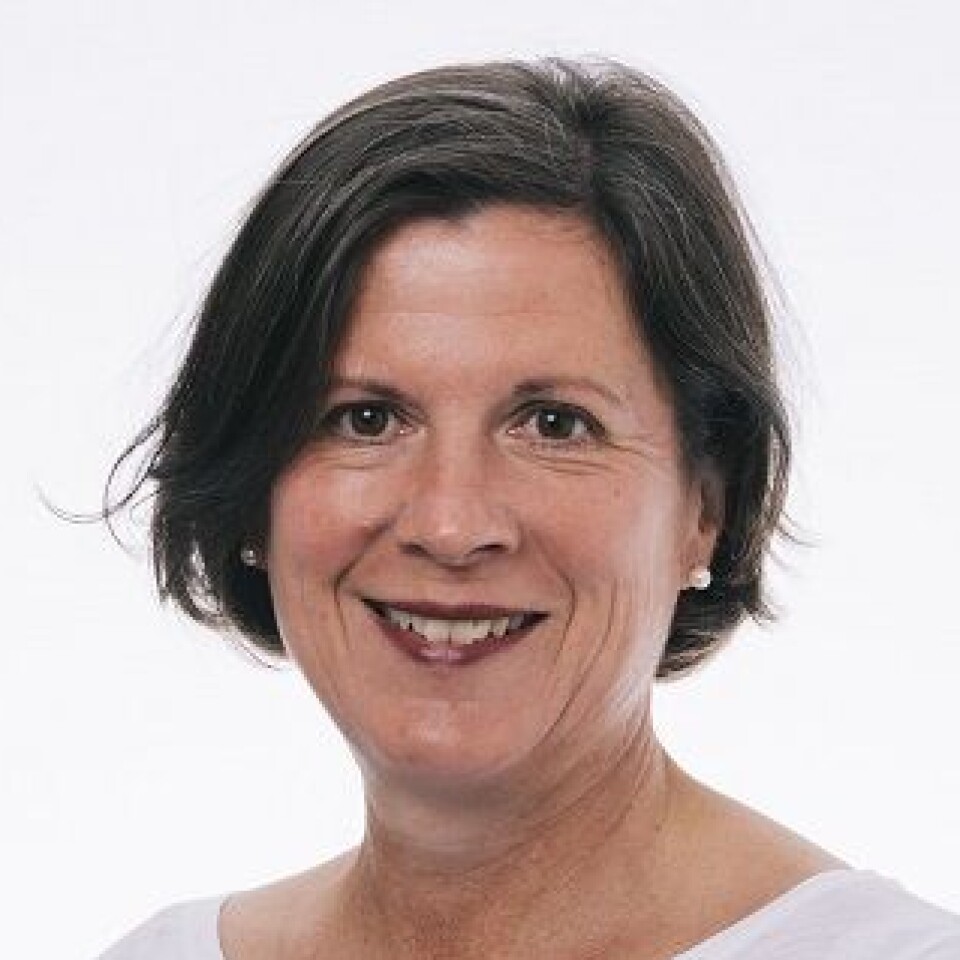THIS CONTENT IS BROUGHT TO YOU BY The Norwegian School of Sport Sciences - read more

Inclusive language is crucial in sports and physical education
How can teachers and coaches be more inclusive and contribute to everyone feeling included?
“It's a very vulnerable space for a lot of people, and we can do a lot of good, but we can also do a lot of damage,” says Lisa Hunter.
She is a senior lecturer at Monash University in Melbourne, Australia.

Unpacking norms in sports and physical education
Together with Fiona Dowling, a professor at the Norwegian School of Sport Sciences' (NIH) Department of Sports and Social Sciences, Hunter discusses what teachers and coaches could do to be more inclusive.
Gender and sexuality can influence experiences in physical education and sports, according to the researchers.
“Sports for all; We want to be inclusive. Lisa used the term inclusivity to unpack gender theory. We need these theoretical concepts or tools to help us see what's often taken for granted and right in our faces, so to speak. How, then, can we analyse what's going on?” asks Dowling.
The influence of gender and sexuality

The researchers share personal experiences and how these have influenced their research and teaching.
“Unravelling all of that to see how we can make real change, not just superficial change, is probably why we're still talking about issues around sex, gender, and sexuality when we've known answers and ways forward for many, many years,” says Hunter.
She suggests that by not acting against normativity, you are inherently supporting it, which consequently means excluding people.
Say everyone, not boys and girls
Speaking inclusively may be easier than you think.
“Even something as simple as not saying to the class, girls and boys, but saying everyone. So you're not imposing a certain gender binary that says, well, if you don't fit one of those, then I'm not talking to you. It's how I bring people in and make them feel like they are recognised, that they are present,” says Hunter.
Quotes from the interview have been edited for clarity.

This content is paid for and presented by The Norwegian School of Sport Sciences
This content is created by The Norwegian School of Sport Sciences' communication staff, who use this platform to communicate science and share results from research with the public. The Norwegian School of Sport Sciences is one of more than 80 owners of ScienceNorway.no. Read more here.
More content from The Norwegian School of Sport Sciences:
-
Football expert wants to change how people watch football at home
-
Kristine suffered permanent brain damage at 22: "Life can still be good even if you don’t fully recover"
-
Para sports: "The sports community was my absolute saving grace"
-
Cancer survivor Monica trained for five months: The results are remarkable
-
What you should know about the syndrome affecting many young athletes
-
New findings on how athletes make the best decisions




































